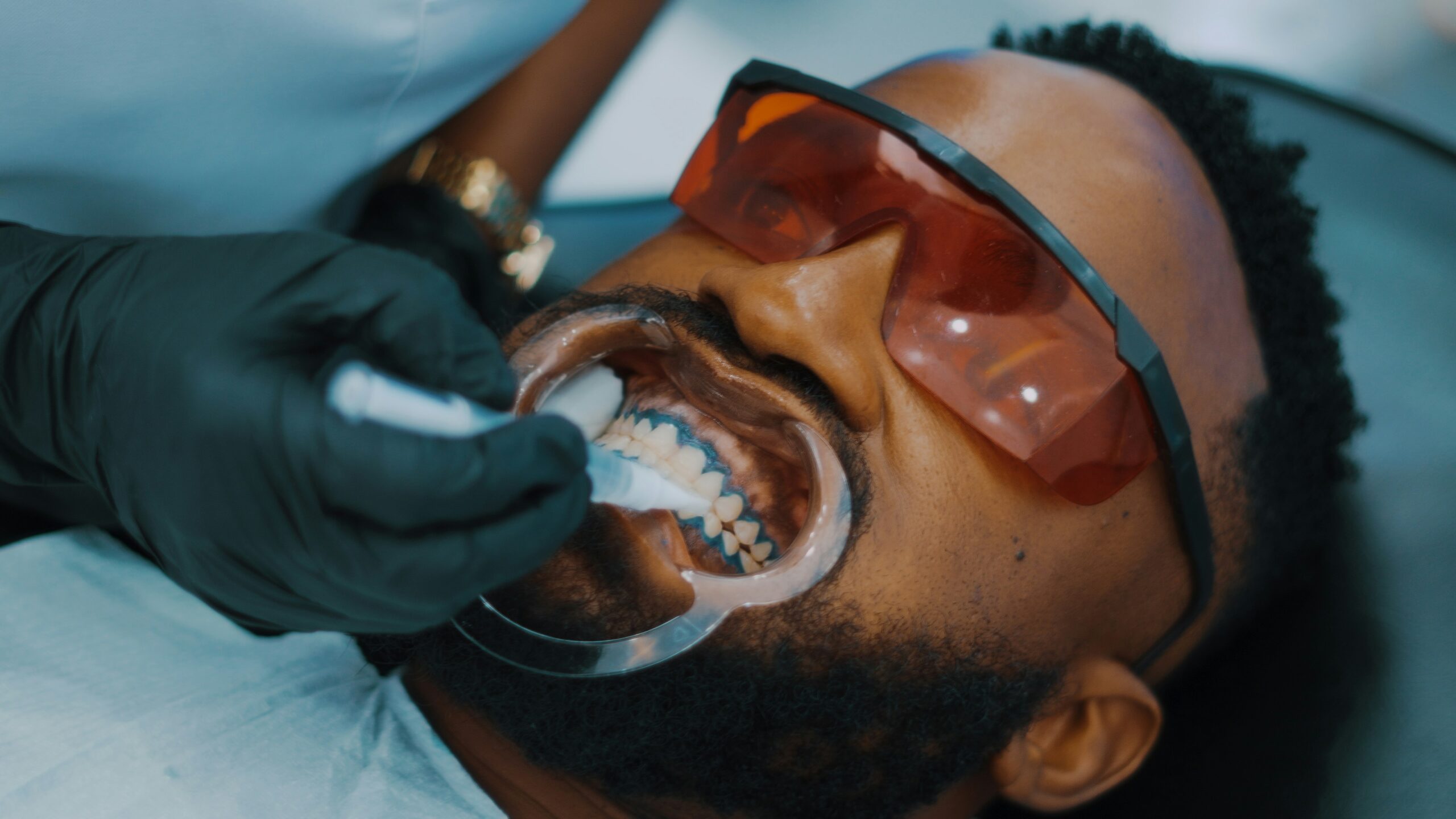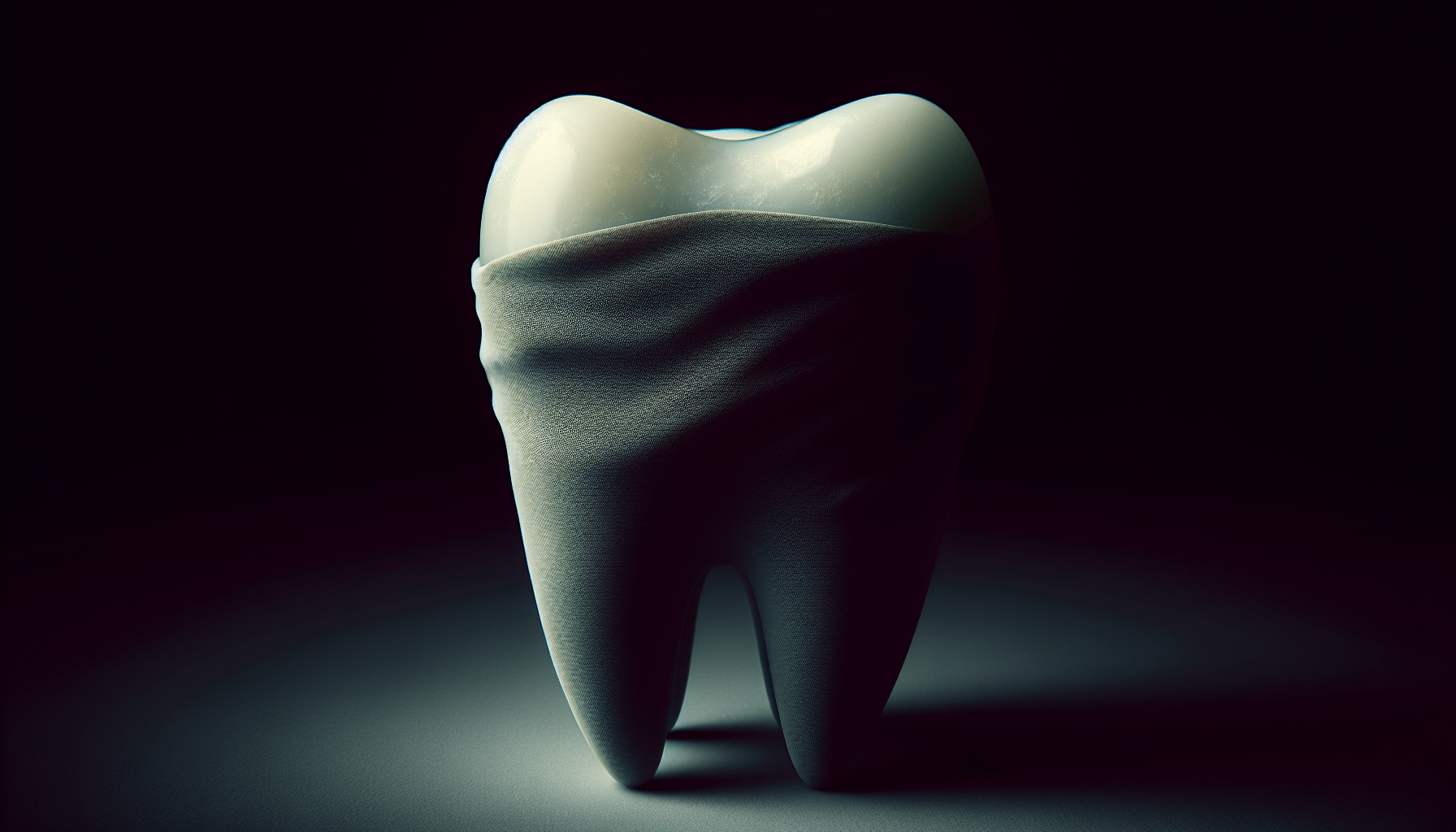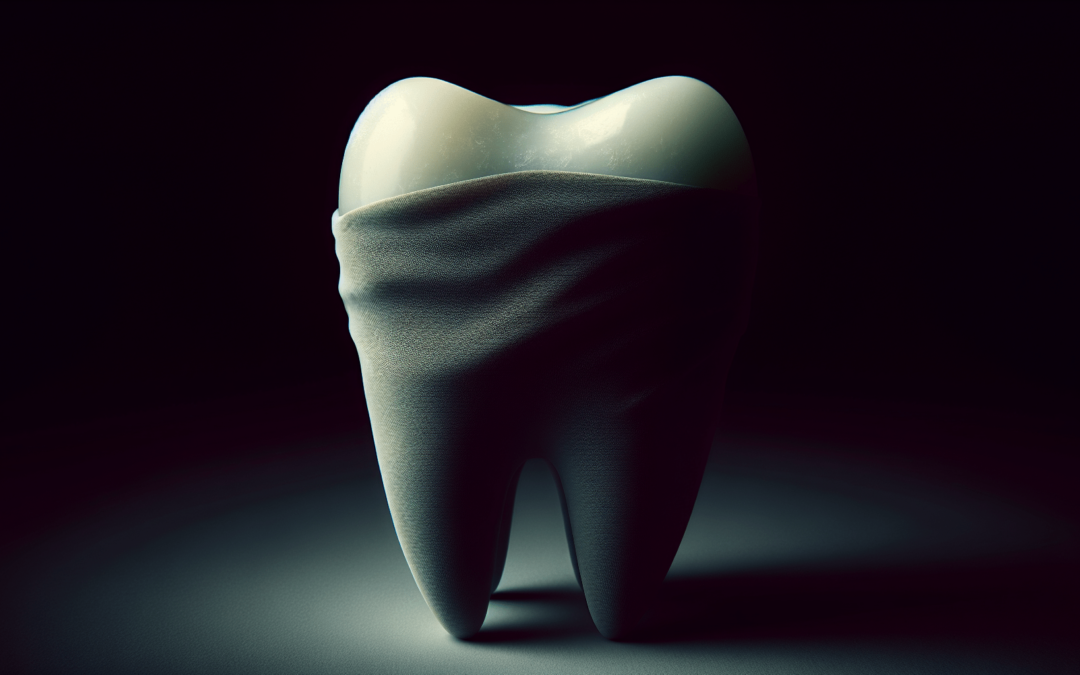Have you ever wondered about the unseen battles fought quietly beneath the surface of your smile? Your oral health is a complex and multifaceted arena, teeming with daily skirmishes between good and bad, health and decay. This narrative seeks to illuminate the often-neglected issues plaguing our mouths and teeth, while offering guidance on prevention and treatment.
The Significance of Oral Health
Your mouth is not just the starting point of your digestive system but a mirror reflecting your overall health. Good oral hygiene is crucial not merely for aesthetic purposes but also for its impact on your general well-being. Oral health issues can lead to problems far beyond your teeth and gums; they can affect systemic health, contributing to conditions such as cardiovascular disease, diabetes, and respiratory infections.
Oral Health and Systemic Conditions
An exploration into the relationship between oral health and systemic conditions reveals a complex interconnectivity. Neglected dental issues can become breeding grounds for bacteria, which may enter the bloodstream and contribute to systemic inflammation and diseases. Therefore, the importance of routine dental check-ups and good oral hygiene cannot be overstated.
Common Oral and Dental Problems
Within the realm of dental care, various problems are commonly encountered. These issues not only impact your oral function but can also lead to significant discomfort and medical complications.
Dental Caries (Tooth Decay)
One of the most prevalent dental issues, dental caries result from the demineralization of the tooth enamel by bacterial acids. This process begins with the formation of plaque, a sticky film harboring bacteria that feeds on sugars from your food. Left unchecked, caries can lead to cavities, tooth pain, and eventually tooth loss.
Prevention of dental caries involves regular brushing and flossing, fluoride treatments, and dietary modifications to reduce sugar intake. Professional cleanings and check-ups are also critical.
Periodontal Disease (Gum Disease)
Periodontal disease encompasses conditions affecting the structures supporting your teeth, primarily the gums and bone. It starts as gingivitis—an inflammation of the gums—and, if left untreated, can progress to periodontitis, leading to loss of the alveolar bone around the teeth.
Symptoms of periodontal disease include:
- Red, swollen gums
- Bleeding while brushing or flossing
- Persistent bad breath
- Receding gums
Treatment ranges from improved oral hygiene and professional cleanings in early stages to more invasive procedures like scaling, root planing, and surgical interventions in advanced cases.
Halitosis (Bad Breath)
Halitosis is a condition characterized by persistent bad breath. It can signal underlying oral health issues or systemic conditions such as diabetes or liver disease. Common causes include poor oral hygiene, dental infections, dry mouth, and consumption of odorous foods.
Addressing halitosis involves identifying the root cause, improving oral hygiene, using mouthwashes, and avoiding foods that exacerbate bad breath.

Less Common but Noteworthy Issues
While some dental problems are well-known, others are less common but equally significant. Understanding these conditions can help you recognize symptoms early and seek appropriate care.
Oral Cancer
Oral cancer includes cancers of the lips, tongue, cheeks, floor of the mouth, hard and soft palate, sinuses, and throat. Risk factors include tobacco and alcohol use, human papillomavirus (HPV) infection, and excessive sun exposure.
Early symptoms often go unnoticed until the disease has progressed significantly. Regular dental check-ups are crucial, as early detection dramatically improves prognosis.
Temporomandibular Joint Disorders (TMD/TMJ)
Temporomandibular joint disorders affect the joints connecting your jaw to your skull. Symptoms include jaw pain, difficulty chewing, and clicking or popping sounds in the jaw. Causes range from arthritis and jaw injuries to teeth grinding and stress.
Treatment varies from physical therapy and medication to dental appliances and, in severe cases, surgical intervention.
Oral Infections
Oral infections, such as candidiasis (oral thrush) and herpes simplex virus, can cause significant discomfort and health issues. Maintaining good oral hygiene, managing underlying health conditions, and appropriate medical treatment are essential for managing these infections.
The Role of Dental Practitioners
Dental professionals play an indispensable role in maintaining your oral health. They provide preventative care, diagnose and treat various conditions, and offer guidance on maintaining optimal oral hygiene.
The Importance of Regular Dental Visits
Routine dental visits enable early detection of potential problems, reducing the risk of severe complications. Professional cleanings help remove plaque and tartar, which are impossible to eliminate with regular brushing and flossing.
Specialized Dental Care
Certain conditions may require specialized care from orthodontists, periodontists, or oral surgeons. Understanding the different dental specialties can help you seek the appropriate care when needed.
| Dental Specialty | Focus Area |
|---|---|
| Orthodontist | Correction of teeth and jaw alignment |
| Periodontist | Treatment of gum disease and dental implants |
| Oral Surgeon | Surgical procedures, including extractions and biopsies |
| Endodontist | Treatment of the dental pulp and root canals |
| Prosthodontist | Rehabilitation and replacement of missing teeth |

Preventative Measures and Lifestyle Changes
Preventing dental problems involves more than just brushing and flossing. Adopting a holistic approach to oral health can significantly reduce your risk of developing issues.
Diet and Nutrition
A balanced diet rich in vitamins and minerals supports healthy teeth and gums. Limiting sugary snacks and beverages reduces the risk of tooth decay. Foods rich in calcium, such as dairy products, and those high in vitamin C, such as citrus fruits, bolster oral health.
| Nutrient | Role in Oral Health | Food Sources |
|---|---|---|
| Calcium | Strengthens teeth and bones | Dairy products, leafy greens |
| Vitamin C | Supports gum health | Citrus fruits, berries |
| Phosphorus | Repairs tooth enamel | Fish, eggs, nuts |
| Fluoride | Prevents tooth decay | Fluoridated water, tea |
Oral Hygiene Practices
Effective oral hygiene involves more than superficial cleaning. Techniques and tools can significantly impact your oral health.
- Brushing: Use a fluoride toothpaste and a soft-bristled brush. Brush for at least two minutes, twice daily.
- Flossing: Floss daily to remove plaque and food particles between teeth and under the gumline.
- Mouthwash: An antimicrobial mouthwash can reduce bacteria in your mouth, providing extra protection against gum disease.
Lifestyle Modifications
Certain lifestyle choices can have a profound impact on your oral health. Here are some key modifications:
- Quit Smoking: Tobacco use is a significant risk factor for gum disease, oral cancer, and tooth loss.
- Limit Alcohol: Excessive alcohol consumption can lead to dry mouth, increasing the risk of oral infections and tooth decay.
- Stay Hydrated: Drinking plenty of water helps wash away food particles and bacteria, reducing the risk of decay and halitosis.
The Psychological Impact of Dental Issues
Beyond physical discomfort, dental problems can affect your mental and emotional well-being. Awareness and management of this impact are crucial for comprehensive care.
Self-Esteem and Social Interaction
Dental issues can lead to self-consciousness about your appearance, impacting your willingness to smile, speak, or interact socially. Addressing these concerns requires both dental care and mental health support.
Anxiety and Dental Phobia
Many people experience anxiety related to dental visits, which can prevent them from seeking necessary care. Open communication with your dentist and exploring anxiety-management techniques can alleviate these fears.

Emerging Trends and Innovations in Dental Care
The field of dentistry is continually evolving with new technologies and approaches designed to improve patient outcomes and experiences.
Digital Dentistry
Digital tools such as intraoral scanners, digital X-rays, and 3D printing are revolutionizing diagnostic and treatment processes, enhancing precision and reducing discomfort.
Minimally Invasive Dentistry
Advancements in materials and techniques enable less invasive treatments, preserving more of the natural tooth structure and promoting quicker recovery.
Regenerative Dentistry
Research into stem cells and tissue engineering holds promise for regenerating damaged tissues, offering potential future treatments for conditions currently requiring more invasive procedures.
Educating and Empowering Patients
Knowledge is a powerful tool in maintaining oral health. Understanding the causes and prevention of dental issues empowers you to take control of your well-being.
Access to Information
Ensure you have access to reliable information by consulting reputable sources, including dental professionals and established health organizations.
Dental Health Education Programs
Participating in community or workplace dental health education programs can provide valuable insights and reinforce good oral hygiene practices.
Advocacy for Better Dental Care
Supporting initiatives aimed at improving access to dental care and raising awareness about the importance of oral health can contribute to broader systemic improvements.

Conclusion
Your oral health is a vital component of your overall well-being, silently influencing various aspects of your life. Understanding the intricacies of oral and dental problems, along with prevention and treatment strategies, equips you to address these issues proactively. By valuing and prioritizing your oral health, you can ensure that the unspoken whispers of your mouth and teeth remain positive and harmonious.
